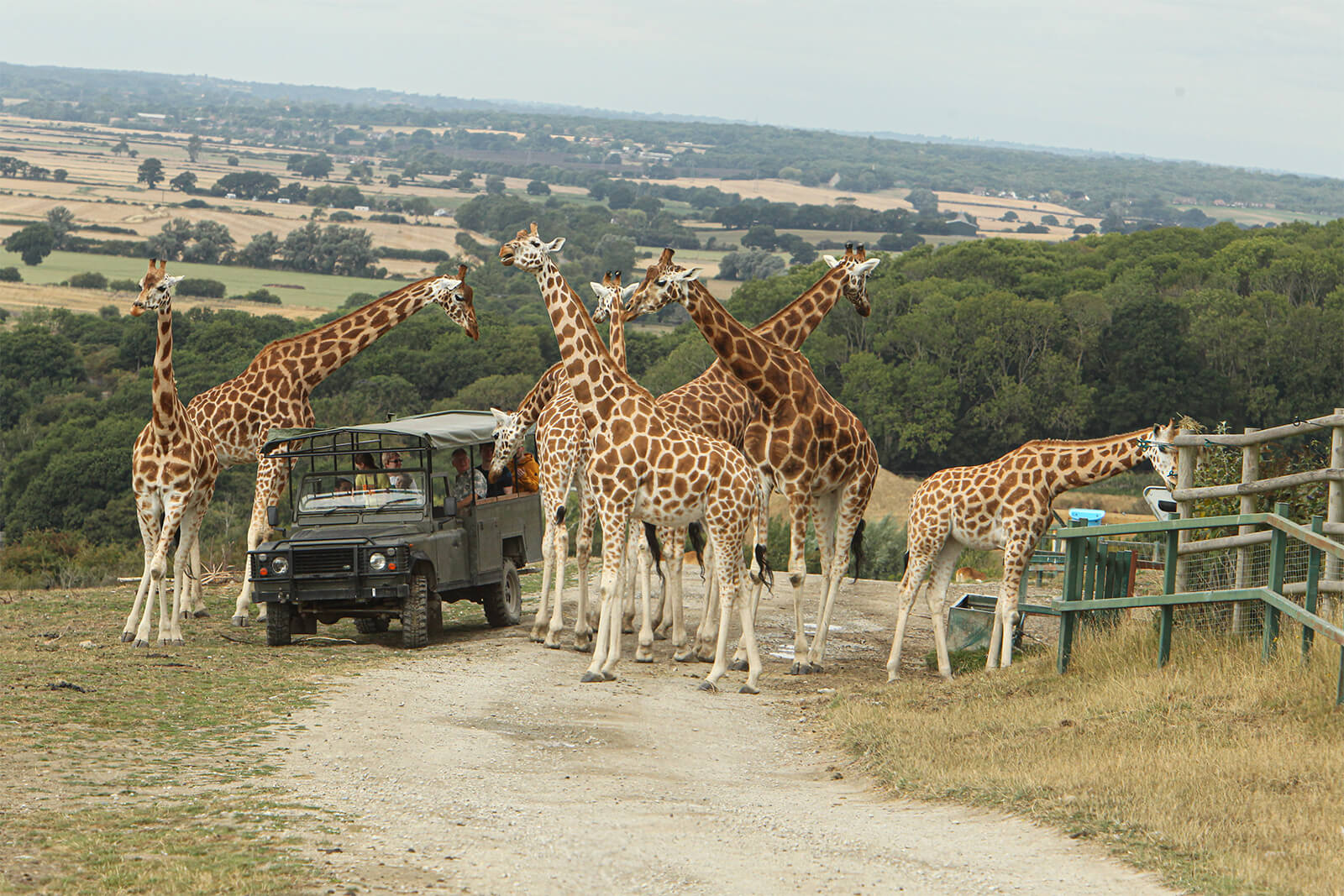What to do in a terror attack - advice to be issued to secondary schools for the first time
Lifesaving advice showing children what they should do in the event of a terror attack is being made available to schools.
Specially designed lessons plans are to take terror safety advice into the classroom for the first time from Tuesday (November 14).
Security experts from Counter Terrorism Police have commissioned the creation of an animated film designed to teach young people aged 11 to 16 years old how to react if caught up in a gun or knife terror attack.
They will taught to run if they are able to, hide if they are not and tell police of the threat only when it is safe to do so.
They will also be reminded how important it is to not stop and use their phones until they are safely away from danger.
The animated film will be introduced through personal, social, health and economic (PSHE) lessons.
The video, together with teaching materials, can be download from the National Police Chief Council's website for schools wishing to introduce the subject to key stage three and key stage four pupils.
The UK’s Lead for Protective Security, Deputy Assistant Commissioner Lucy D’Orsi said: “We knew we needed to educate a younger audience and we knew that, if done correctly, this could be a campaign which will continue to keep people safe for decades to come.
“We appreciate that parents and teachers might have concerns about speaking to young people about such topics, but that is exactly why we have worked closely with the PSHE Association to deliver messaging which is age-appropriate, engaging and could save lives."
The NSPCC also provides advice for parents who wish to talk to their children about difficult subjects including terrorism. That advice can be found here.
An NSPCC spokesman said: “It’s vital that young people know what to do in a terrorist attack, but we realise that they may have questions or anxieties when the issue of terrorism comes up.
“Having these conversations with a child can be tricky for adults, but the NSPCC’s Helpline is here to help. Our practitioners will guide an adult on what to say, how to say it and, most importantly, help a child feel reassured and safe.”





